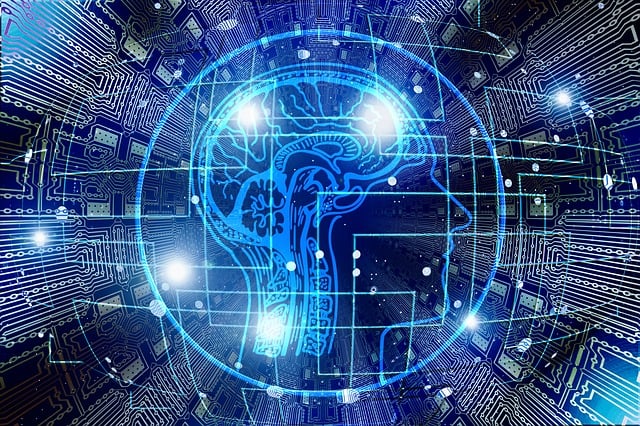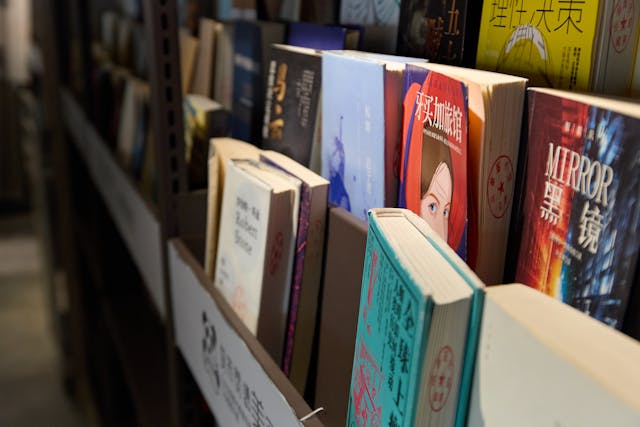The future of medical translation.
Many people wonder about the future of translation agencies and in particular the future of medical translations now that new technologies are increasingly being used to translate documents and communicate. In this article we take a look at the future of the sector.

What is the current role of medical translation?
Medical translation is an essential tool to ensure that patients, regardless of language or location, can access clear and accurate healthcare information. From the translation of clinical reports to real-time interpretation in consultations, this discipline already plays a critical role. However, with advances in artificial intelligence and the globalization of medical research, the future of medical translation promises to be radically different from the current scenario.
Trends shaping the future of medical translation.
Artificial Intelligence and Machine Translation
Artificial intelligence (AI) is revolutionizing every industry, and medical translation is no exception. Tools such as neural translation engines and deep learning systems enable faster and more accurate translations. They are a powerful tool for handling large volumes of text in multiple languages, however, these tools are still far from being able to interpret the nuances related to differences in context and culture.
Specialization and technical precision
The future of medical translation is marked by an increasingly higher level of specialization. Medical documents, such as clinical trial protocols or surgical reports, require not only linguistic accuracy, but also in-depth medical knowledge. This will lead to an increased demand for translators trained in both linguistics and health sciences.
Cultural adaptation and localization
In a globalized environment, localization will be an essential component of the future of medical translation. Thus, future translations will demand content adapted to specific cultural contexts to ensure that the message is correctly understood. This is crucial in materials such as informed consent or public health campaigns targeting diverse communities.
The impact of technology on the future of medical translations.
Artificial intelligence assisted translation
Although AI cannot completely replace the human experience, its integration is changing the dynamics of work. Computer-assisted translation (CAT) tools combined with AI algorithms allow translators to focus on ensuring quality and accuracy.
Real-time medical interpretation
Another major innovation in the future of medical translations is the development of real-time interpreting devices and applications. These tools are especially useful in medical emergencies, where quick and accurate communication can make the difference between life and death.
Automation in international clinical trials
With the increase in global clinical trials, automation of translations for technical and regulatory documents will reduce costs and time. However, human quality control will remain essential to ensure regulatory compliance and scientific accuracy.
Challenges that condition the future of medical translation:
- Balance between technology and human quality
Although technology is advancing rapidly, ensuring that medical translations are accurate and culturally appropriate will continue to be a challenge. Human intervention will be crucial to avoid critical errors in medical documents.
- International regulations
The future of medical translation will also be marked by the need to comply with strict regulations in different countries. Medical translations must comply with legal and ethical standards, which will require a thorough knowledge of local regulations.
- Training of specialized translators
The demand for highly specialized translators will increase. Training professionals who are proficient in both medical terminology and technological tools will be key to meeting the challenges of the future of medical translation.
Future of medical translations in health care
Equitable access to health care
A future with more accessible and accurate medical translations will ensure that patients from different linguistic backgrounds can receive quality care. This will reduce health inequalities and improve patient experience.
Boosting global research
The future of medical translations will be characterized by the drive for global research collaboration, facilitating communication between international teams and accelerating the development of new treatments and technologies.
Increased confidence in the healthcare system
When patients have a clear understanding of their diagnoses and treatments, their confidence in the healthcare system increases. The future of medical translation will be essential to build this trust, especially in multicultural contexts.
Conclusion
The future of medical translation is full of opportunities and challenges. As technology advances and the medical industry goes global, medical translation will become an essential bridge to connect patients, physicians and researchers around the world. However, to take full advantage of this future, it will be critical to combine the power of technology with human expertise. Only in this way will we achieve a healthcare system that is truly inclusive and accessible to all.





